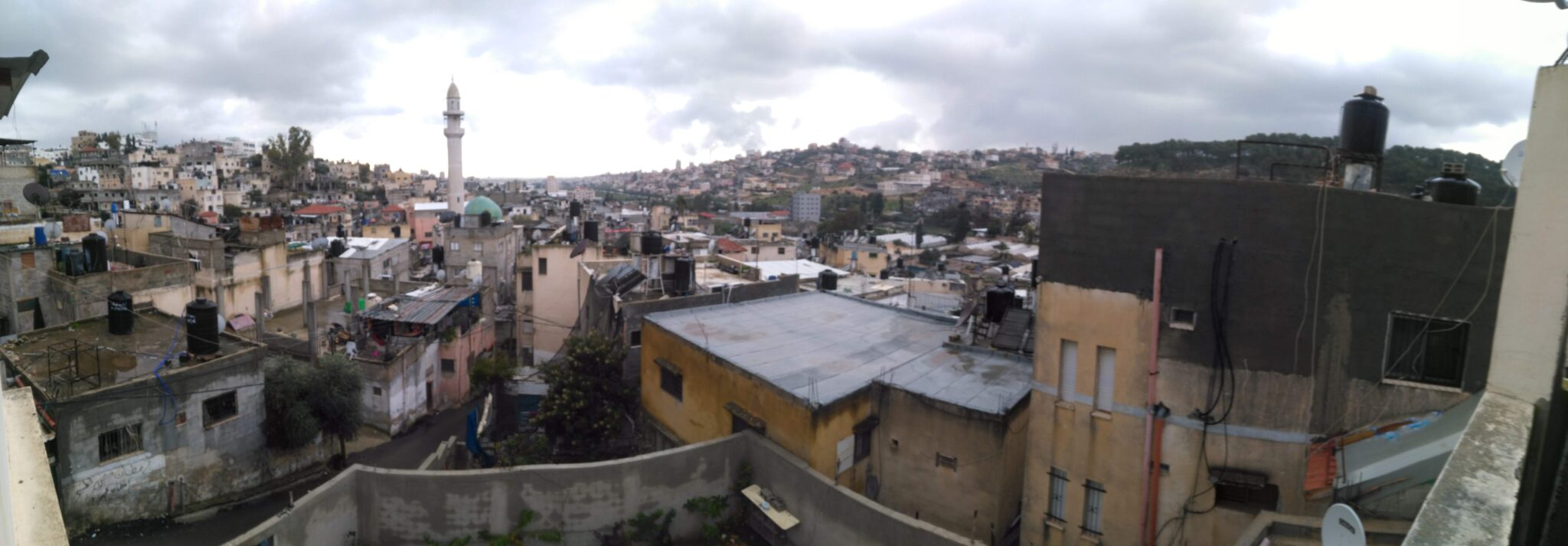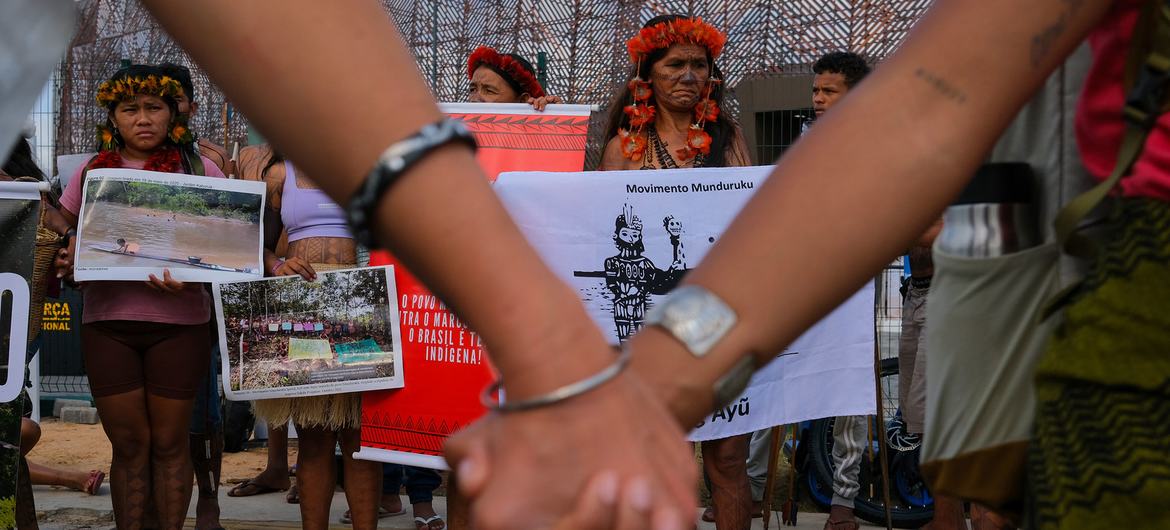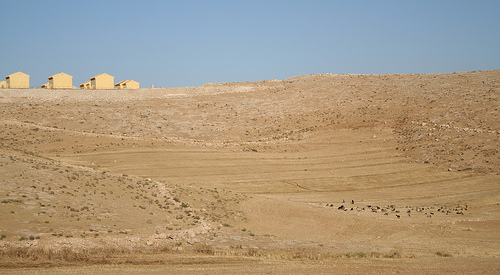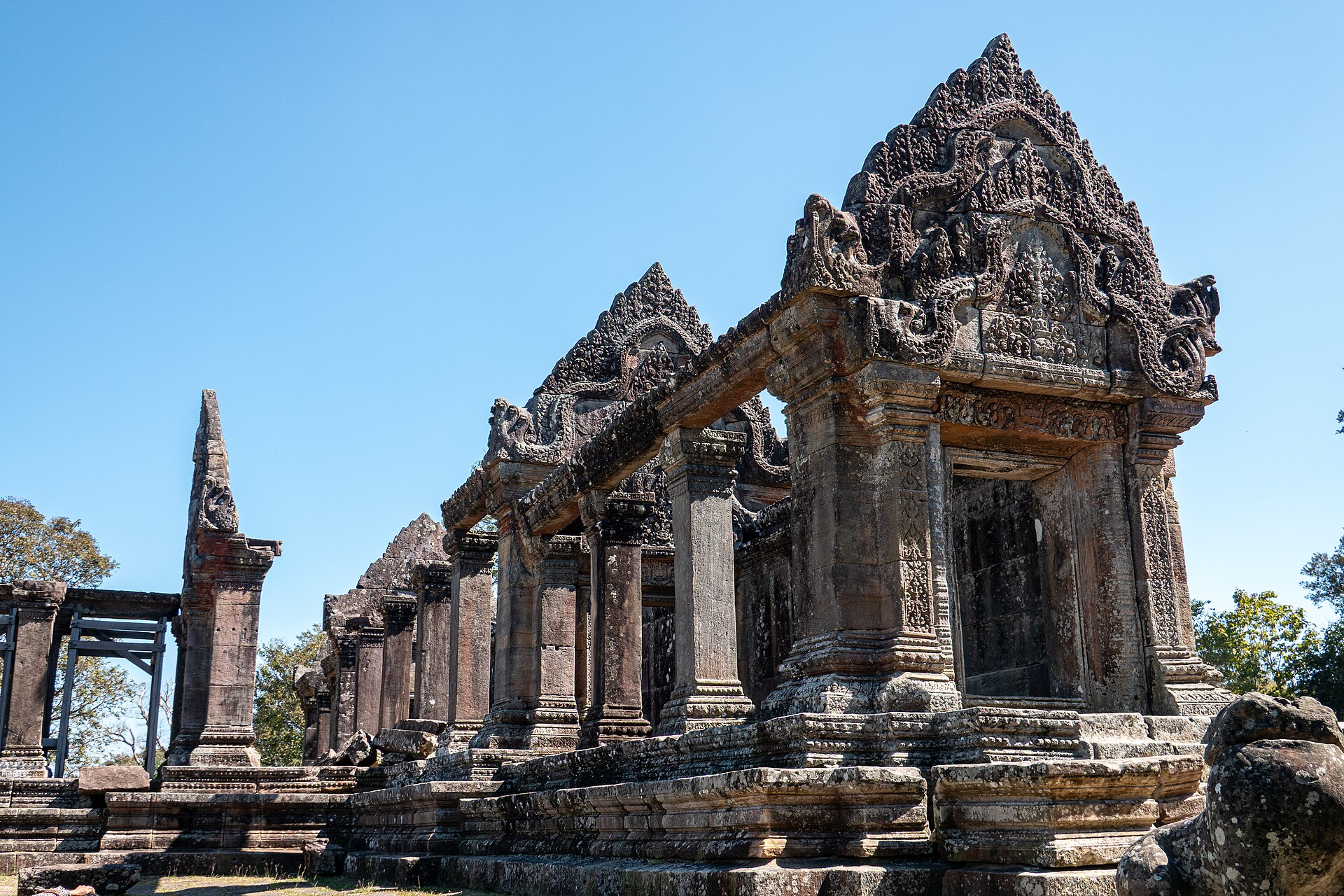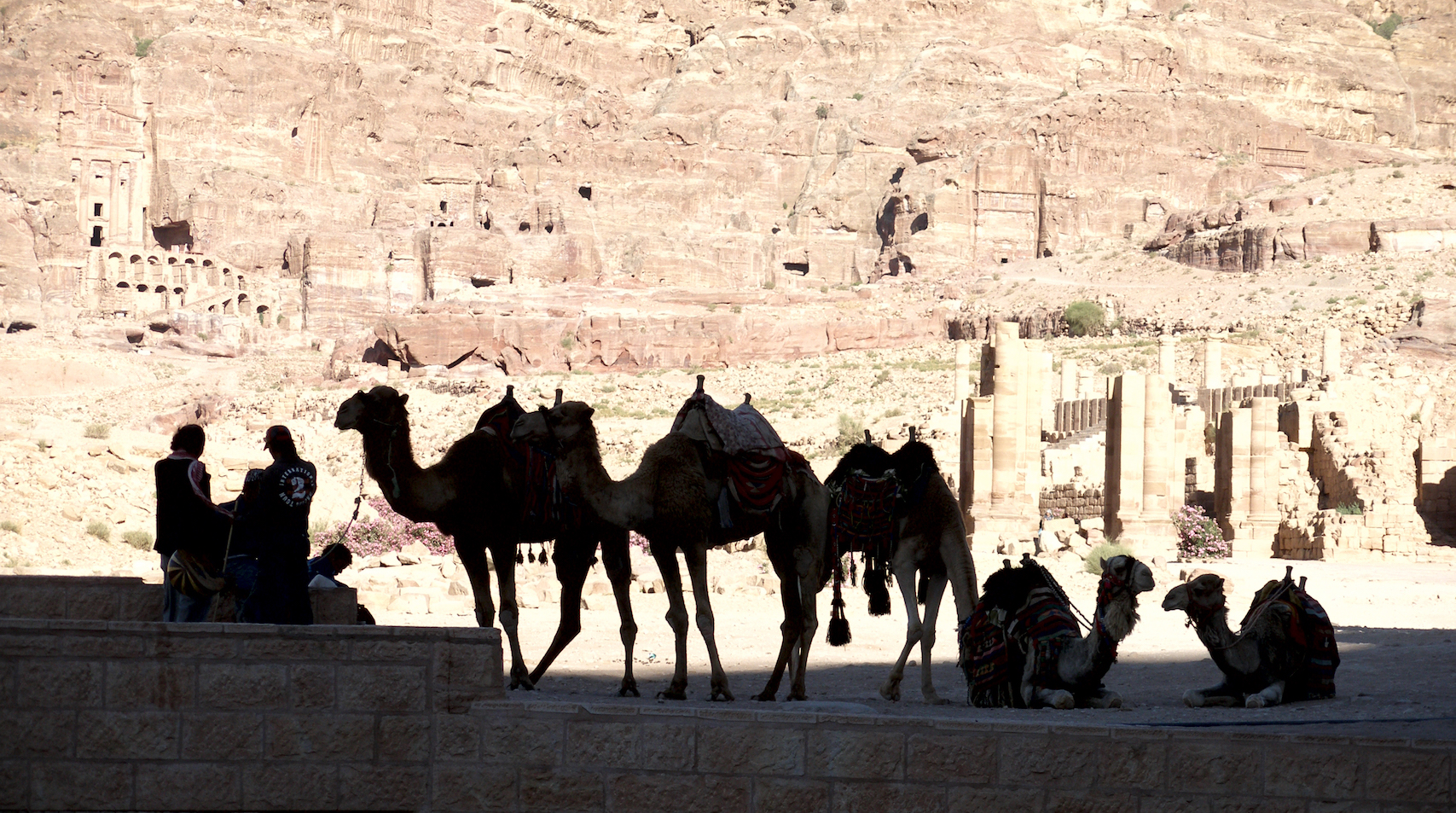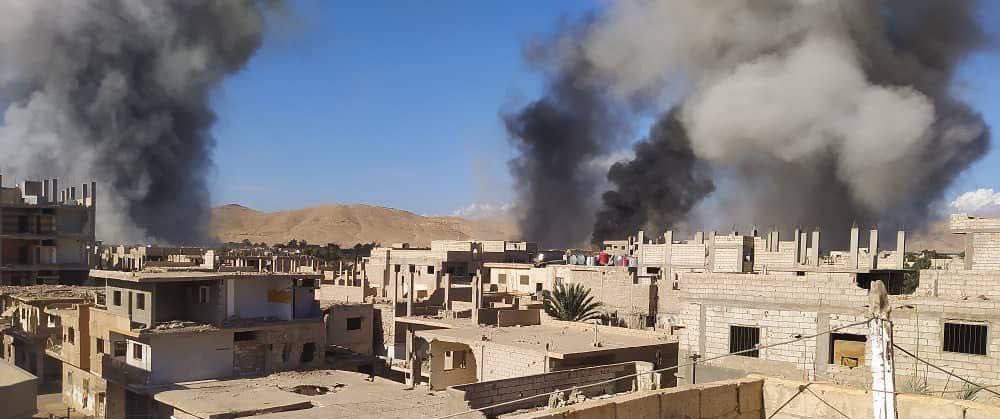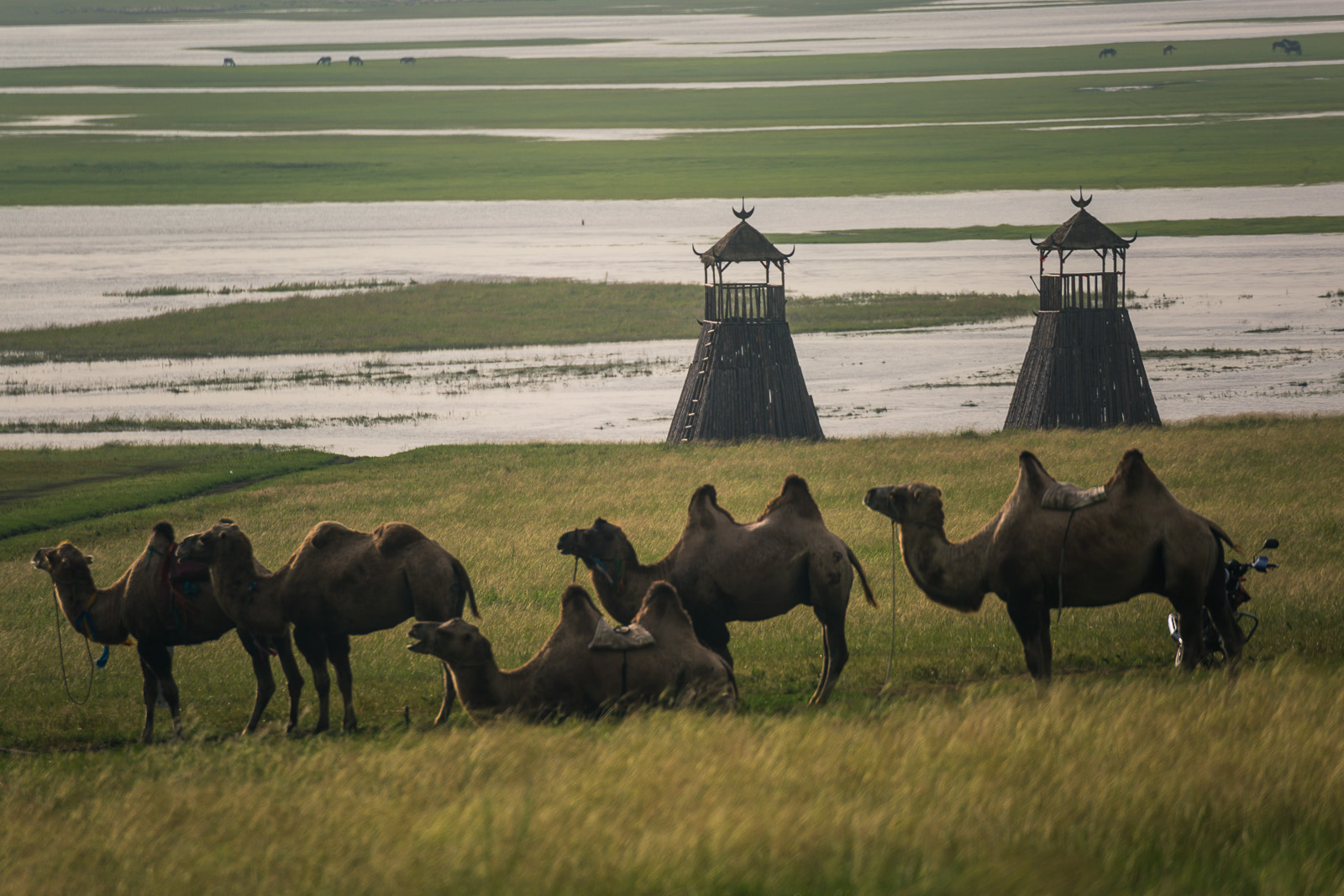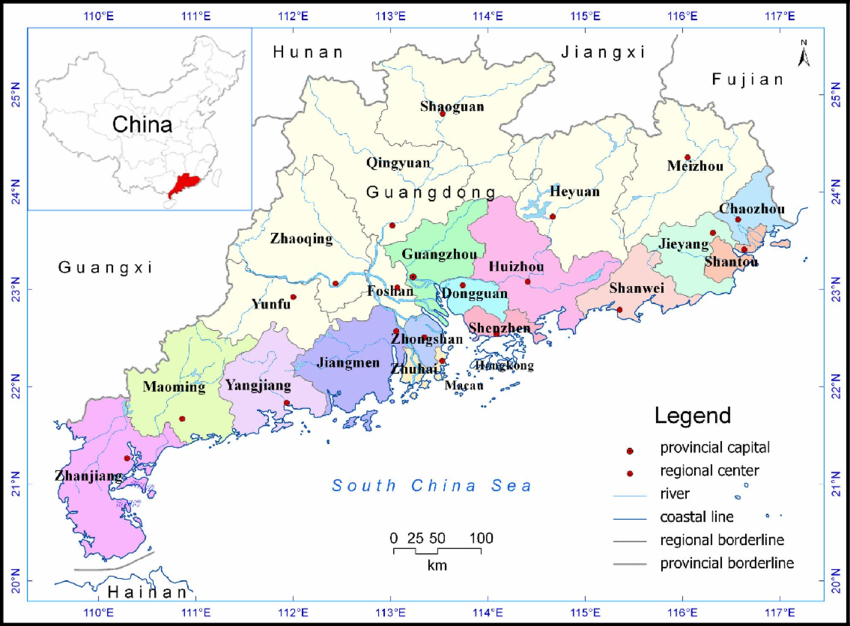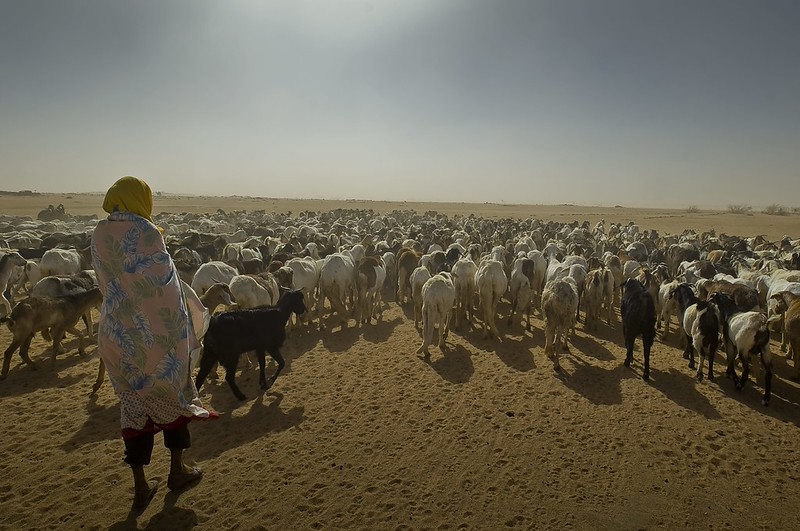
Chad: herder-farmer clashes amid climate crisis
Amnesty International denounced authorities in Chad for their failure to protect victims of armed clashes between herders and farmers. The group documented seven instances of herder-farmer violence in four provinces since 2022, which resulted in 98 people dead, at least 100 injured, and 600 left without homes or sources of income. The clashes, concentrated in southern Chad, are said to be driven by climate change, population growth, and an influx of weapons and support from armed groups in the neighboring Central African Republic. Researchers stated that higher temperatures, desertification, and shrinking pasturelands in the center of the country have led herders to travel longer distances and settle in southern provinces where conditions are more conducive to livestock grazing. (Photo: European Commission/DG Echo via NASA Earth Observatory)



